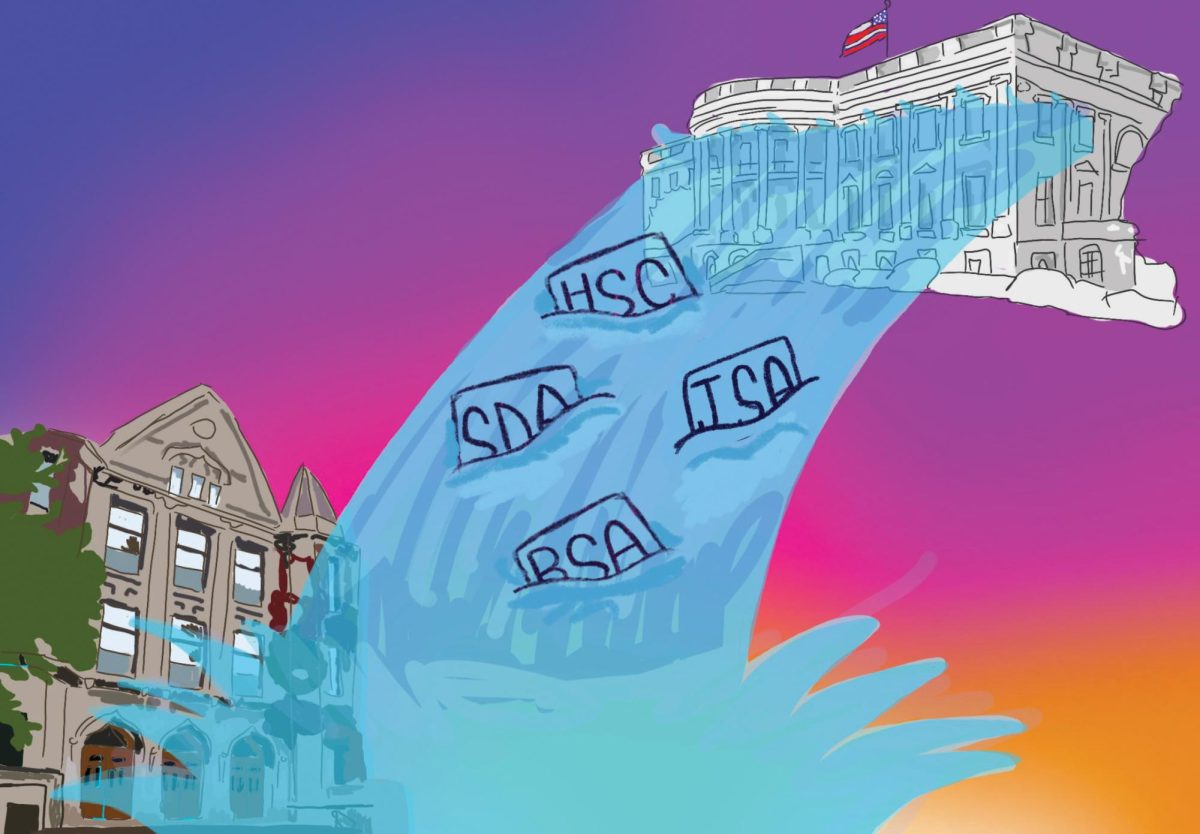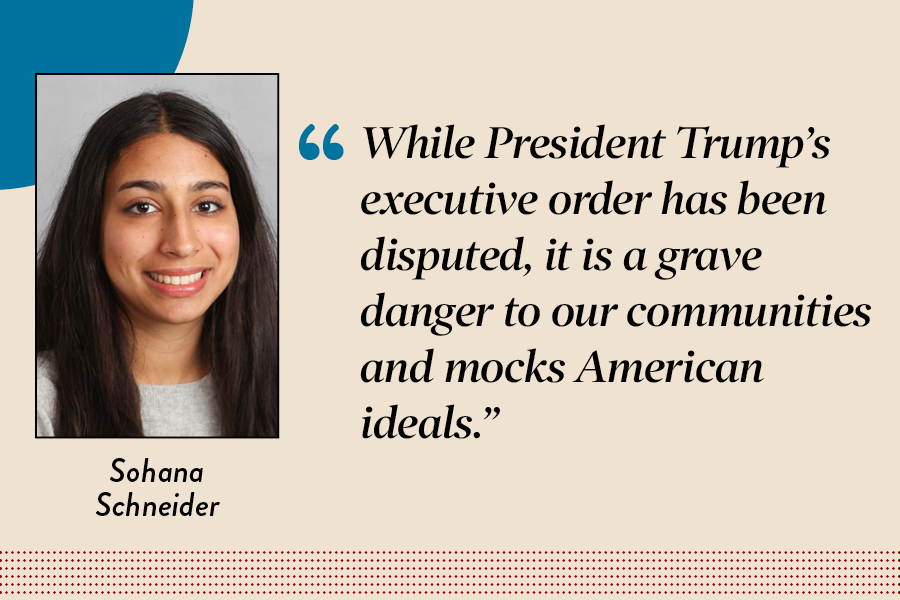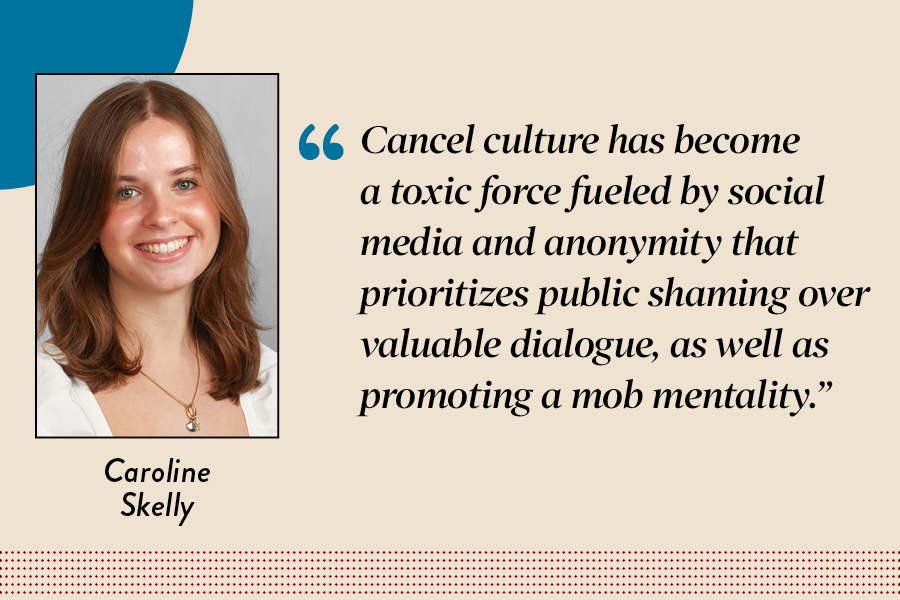In 1965 my grandparents left India and moved to England. My mom was born there and the family lived there before moving to the United States in 1973. My grandparents both had visas to work at a hospital in New York.
One year later, my aunt was born. She instantly became a citizen because of birthright citizenship — the constitutional right outlined in the 14th Amendment guaranteeing that anyone born on U.S. soil is granted American citizenship.
This is now being challenged. President Trump’s recent executive order to eliminate birthright citizenship for children of migrants sobered me. I started to think about what it would mean if my family’s citizenship came into question, and how the many birthright citizens across America would face uncertainty.
Birthright citizenship in the United States dates back to the 1800s. In 1857, the Supreme Court ruled in Dred Scott v. Sandford that enslaved individuals and their descendants were not considered citizens of the United States. When slavery was abolished, enslaved Black people were still not considered citizens in the United States. However, ratification of the 14th Amendment in 1868 clarified that “All persons born or naturalized in the United States, and subject to the jurisdiction thereof, are citizens of the United States and of the State wherein they reside.” This protected formerly enslaved and free Black individuals, as well as their descendants, granting them equal rights through citizenship as white Americans. In 1898, the Supreme Court affirmed in United States v. Wong Kim Ark that the 14th Amendment applied not only to former enslaved individuals but everyone born in the United States.
A 2015 report by the National Academy of Sciences revealed that if birthright citizenship was removed, the citizenship status of 37.1 million second-generation Americans — roughly 12% of the country’s population — would be left uncertain. What would it mean if our family members, friends and people in our school community were no longer protected? Birthright citizenship is a promise, and if this order is enacted, we would face an uncertain and highly unsettling future. Birthright citizenship is the core of American values, denying a caste and legacy system, and providing equal rights and civic/political inclusion to all Americans. Revoking this part of our constitution would create different classes of citizens. A system based almost entirely on family history and race would not leave room for the people in our lives.
People may think that a judge will save birthright citizenship, but this is by no means guaranteed. Through spreading negativity about birthright citizenship, President Trump is pushing the envelope by changing the public’s opinion. If this is taken to the Supreme Court, his wishes may very easily become our reality.
When the states ratified the 14th Amendment, they upheld our values as a country and determined that people born here are equal to others, regardless of their race or country of origin. We must keep it that way.





















































